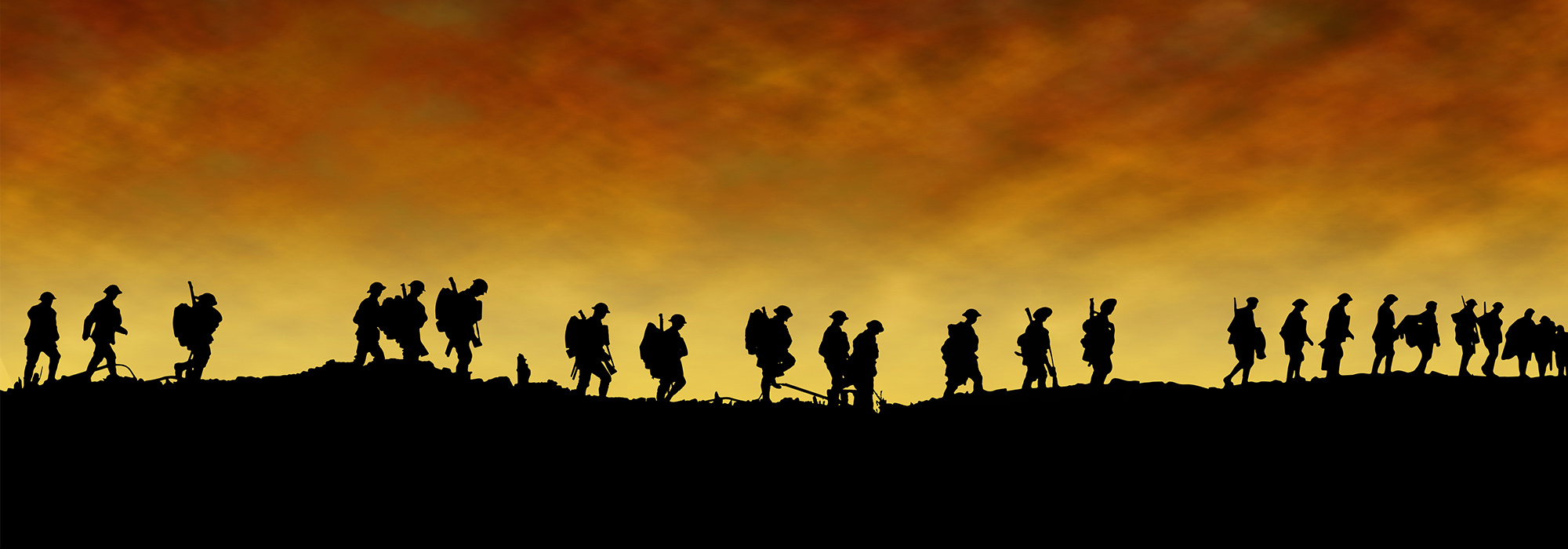
Paul Heinbecker’s new book comes highly recommended by three former Canadian foreign ministers of differing political stripes (Joe Clark, Lloyd Axworthy, John Manley), but it is not one which is likely to get a warm reception from the Harper government, many of whose foreign policies are explicitly or implicitly criticized. Heinbecker’s criticism goes beyond Harper and looks back at the “misengagement” started by the Chrétien and Martin governments.
Heinbecker starts by saying “We have not been living up to our potential,” that “Canada can do better” and that it is in our own interest that Canada “be an effective and responsible global player.” He wants his book to be an antidote to the pinched vision and curtailed ambition he sees in contemporary foreign policy and to the unique Canadian blend of self-deprecation and self-satisfaction evident in so much public commentary about it. Heinbecker claims that “a new golden age” beckons for Canada and what remains for us to do is “surmount our insecurities, summon our vision, and exercise our will to get back in the game — and go for gold.”
Heinbecker’s book is split into three basic parts. The first hundred pages look back at Canadian foreign policy that concludes an interesting series of five lessons learned from how prime ministers conducted foreign policy. The most telling is his conclusion “the more influential we are in Washington, the more effective we are in the world and vice-versa….” He repeats this several times in his book. The second part looks at the context for Canadian foreign policy in a changing world and includes thoughtful reflections on why we still need the United Nations, the drivers of US foreign policy, examination of some of the new world actors and some of the current ones. The third part looks at Canadian foreign policy in a new world where he updates the foreign policy principles first enunciated by Louis St. Laurent in his 1947 Gray Lecture. He underscores that “beyond principles and purposes, and values and interests, an effective foreign policy requires assets, instruments, vision, and will. Canada has these assets in abundance. It needs to muster the leadership to employ them and seize the opportunities of the multi-centric world that are emerging all around.”
Heinbecker does not believe that the Harper government has lived up to its claim that “Canada was back as a credible player on the international stage” and claims that his foreign policy “has lacked coherence and strategic direction.” He does give Harper credit for his role in handling the international crisis and will take some satisfaction that his plea for a continued Canadian role in Afghanistan after 2011 has been answered positively by Harper’s recent change of heart.
Heinbecker’s foreign policy playbook for Canada starts off by saying we have to do two things: get our own house in order, meaning greater policy coherence and giving Foreign Affairs the authority and resources to manage relationships between Canada and other countries; and second determine which issues we particularly wish to address. He also suggests we should regard our G20 membership as the near equivalent of a permanent seat for Canada on the UN Security Council and push that it meet at UN Headquarters to reduce costs and make the two institutions better work together.
Not all of Heinbecker’s prescriptions will find universal support, including the most sensible one that the more influential we are seen in Washington the more influential we can be in the world and vice versa. But the road map he lays out for Canadian foreign policy is one that might bring us back to important tables such as climate change and the Doha trade negotiations and restore our credibility at the United Nations where Heinbecker’s dictum about the relationship between being influential in Washington and in the world at large played out in a negative sense at the recent vote on our candidacy for a rotating seat on the Security Council. Above all it would allow us to better protect our interests and project our values in the foreign policy field.
Photo: Shutterstock







